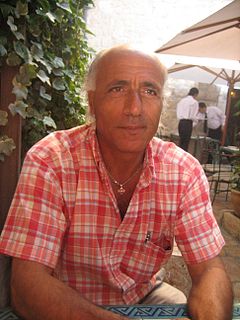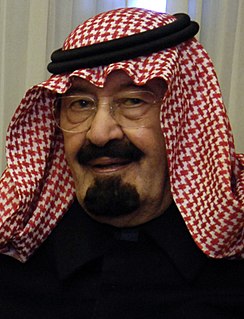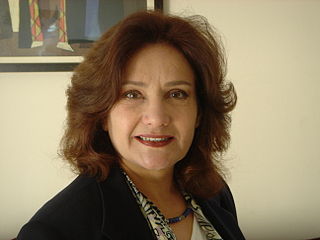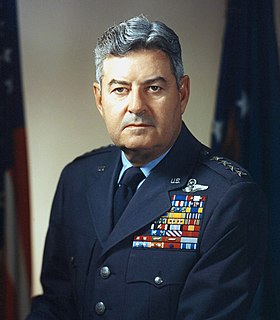A Quote by Ehud Olmert
Israel has said many times - and I also said this to German television in an interview - that we will not be the first country that introduces nuclear weapons to the Middle East.
Related Quotes
Israel produces and stores chemical weapons. So therefore the US will prevent the Chemical Weapons Convention from being imposed on the Middle East. But it's necessary to evade this by misrepresenting the convention, and I think maybe 100 percent of the media, or close to it, go along. But that's a critical issue. Actually, Syria's chemical weapons were developed largely as a deterrent to Israeli nuclear weapons. Also, not mentioned.
What is the only provocation that could bring about the use of nuclear weapons? Nuclear weapons. What is the priority target for nuclear weapons? Nuclear weapons. What is the only established defense against nuclear weapons? Nuclear weapons. How do we prevent the use of nuclear weapons? By threatening to use nuclear weapons. And we can't get rid of nuclear weapons, because of nuclear weapons. The intransigence, it seems, is a function of the weapons themselves.
So the idea about how detonation of a nuclear weapon might happen vary, you know - some people are especially concerned about terrorists getting their hands on nuclear weapons and using them. Some people are worried that there might be a nuclear war between India and Pakistan. Some think the Middle East, were Israel already has nuclear weapons and where other countries may be interested at some point and acquiring them, might be a flash point.
If you want to find weapons of destruction, you can find them all over the place. Take, say, Israel. There is a very great concern right now about proliferation of nuclear weapons, as there should be. Israel has a couple of hundred nuclear weapons and also chemical and biological weapons. This stockpile is not only a threat in itself but encourages others to proliferate in reaction and in self-defense. Is anybody saying anything about this?
I think it is less the limited amount of information than the filters that information about the Middle East must pass through before being fairly addressed in the mainstream media. In more intellectual and geopolitical terms, the perceptions of the region are distorted by a combination of Orientalism and the priorities of the state of Israel, including the refusal to discuss the relevance of Israel's nuclear weapons arsenal in the context of addressing Iran on its nuclear program.
Israel's democracy is the bedrock on which our relationship stands. It's a shining example for people around the world who are on the frontline of the struggle for democracy in their own lands. Our relationship is also based on our common interest in a more stable and peaceful Middle East, a Middle East that will finally accord Israel the recognition and acceptance that its people have yearned for so long and have been too long denied, a Middle East that will know greater democracy for all its peoples.
Basically [United States and France] said "We will use nuclear weapons whenever it suits our purposes to do so." So this expansion of doctrines regarding possible use of nuclear weapons makes them more, you know, sort of, salient and important and so it's increasing the perceived political value of nuclear weapons and therefore causing or contributing to possible proliferation.
The Iranian issue I don't think has much to do with nuclear weapons frankly. Nobody is saying Iran should have nuclear weapons nor should anybody else. But the point in the Middle East, as distinct from North Korea, is that this is center of the world's energy resources. Originally the British and secondarily the French had dominated it, but after the Second World War, it's been a U.S. preserve. That's been an axiom of U.S. foreign policy, that it must control Middle East energy resources.
I don't want to use the term "nuclear weapons" because those people in Iran who have authority say they are not building nuclear weapons. I make an appeal to the countries who do have nuclear weapons. They don't consider them a nuclear threat. But let's say a country that doesn't have nuclear weapons gets involved in building them, then they are told by those that already have nuclear weapons that they oppose [such a development]. Where is the justice in that?































